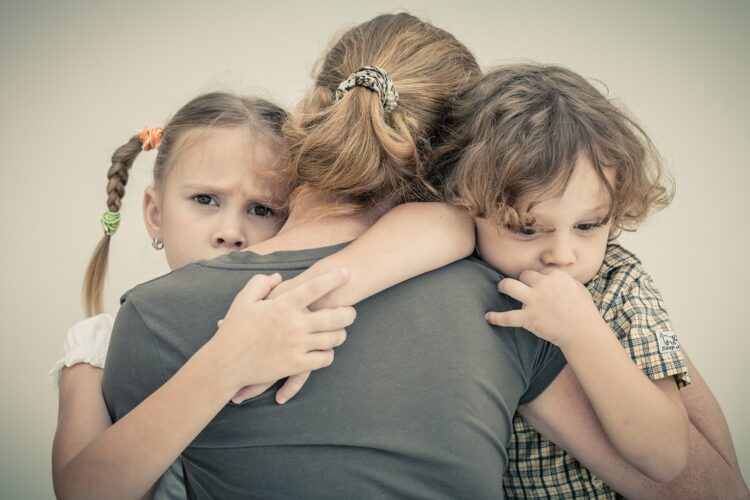By Charlotte Webster-
Campaigners are calling on the Uk government to protect the mental well being of children in care, and commit to preventing children being moved miles away from home.
The study highlights the importance of placing children in care closer to their home area, where they are more likely to have regular contact with their families and friends, and be involved in activities outside of school. By doing so, we can help to improve the emotional well-being of children in care, and ensure that they have the best chance of achieving positive long-term outcomes.
The government has been called on to develop and publish national and local strategies to increase the supply of appropriate local options, so that children don’t have to be moved miles away from their support networks.
Described as national issue facing local authorities across the country, campaigners say there is no national commitment or strategy to keep children close to the people and places that matter to them when it is in their best interest.
The new campaign #GoneTooFar seeks to keep children in care close to the people and places that matter to them – ensuring they have the love, stability, and security we all need to thrive
The research, conducted by the charity Coram Voice – a leading charity organisation that analyzed data from the annual national survey of children in care in England, which included the views of over 3,500 children and young people.
The findings revealed that over a third of children in care who were placed far from their home area reported feeling lonely, compared to just 16% of those who were placed closer to home. Similarly, 30% of those placed far from home reported feeling unhappy, compared to 18% of those placed closer to home.
The study also found that children who were placed far from home were less likely to have regular contact with their families and friends, which can have a negative impact on their emotional well-being. They were also less likely to be involved in activities outside of school.
The number and the percentage of children in care in England placed more than 20 miles from home increased every year from 2012-21, while numbers also increased from 2021-22, found Become.
As of 31 March 2022, 16,970 children (20.7% of the care population) were placed more than 20 miles from home, compared with 10,540 (15.7%) a decade earlier.
Children experiencing multiple moves were at greater risk of a distant placement, with 29.9% of those in their third or subsequent placement living more than 20 miles from home, compared with 20.6% of those in their first.
Professor Julie Selwyn, one of the authors of the study, commented on the findings, saying, “This research shows that placement instability and geographical distance from home can be really detrimental to children’s well-being. We need to ensure that children’s voices are heard and acted upon when decisions about placements are made.”
The study has important implications for policy and practice in the care system. The authors of the study argue that there needs to be a greater focus on placing children in care closer to their home area, where they are more likely to have regular contact with their families and friends, and be involved in activities outside of school.
This is particularly important given the high levels of placement instability in the care system. According to the study, almost a third of children in care had experienced three or more placements in the previous year, which can be a major source of stress and instability for children.
The findings of the study have been widely reported in the media, and have sparked calls for action from politicians and campaigners. In response to the study, the children’s commissioner for England, Anne Longfield, called for a “more stable and consistent care system” that prioritizes the needs of children and young people.
The study also highlights the importance of listening to the voices of children and young people in the care system. By giving children a say in decisions about their care and placement, we can help to ensure that they are placed in the environments that are best for their well-being and long-ter
The study highlights the importance of placing children in care closer to their home area, where they are more likely to have regular contact with their families and friends, and be involved in activities outside of school. By doing so, we can help to improve the emotional well-being of children in care, and ensure that they have the best chance of achieving positive long-term outcomes.




